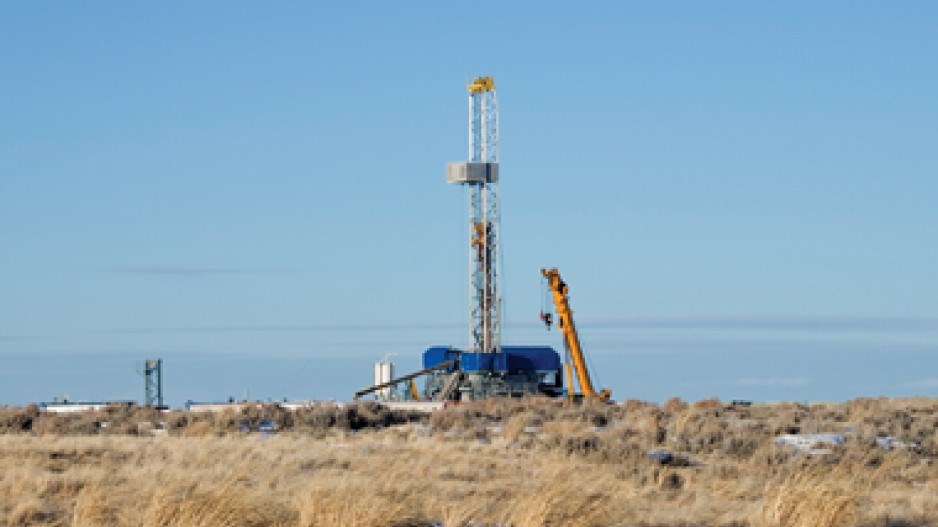The views of British Columbians and Albertans are markedly dissimilar when it comes to the topic of hydraulic fracturing – a method of natural gas extraction known as fracking – according to an Insights West survey conducted in partnership with Business in Vancouver and JuneWarren-Nickle’s Energy Group.
Almost half of Albertans (48%) support fracking, while 29% are opposed. In British Columbia, however, only one in four residents support it, with almost half (47%) opposing.
“Albertans are supportive of fracking, and are not as worried about some of the perceived environmental setbacks as their western neighbours,” said Mario Canseco, Insights West vice-president, public affairs.
“In British Columbia, it is the concern expressed with possible setbacks, particularly in regards to the water supply and the province’s landscape, that is making people uneasy about fracking.”
Albertans from both main political parties shared similar levels of support for fracking, with 51% of those who voted Progressive Conservative in 2012 and 53% of Wildrose voters in favour. In B.C., those voting for the BC Liberal Party in 2013 were more than twice as likely to be in support of the process than New Democratic Party voters (37% versus 18%).
There was also a difference in how aware residents were regarding whether or not fracking was taking place in their home provinces. More than two-thirds of Albertans (68%) are aware that this is the case, while only 39% of British Columbians know the method of gas extraction is being applied in their province.
British Columbians and Albertas share similar views on the perceived benefits of the process, including:
- job creation (Alberta: 67%, B.C.: 61%); and
- an increase in foreign investment (Alberta: 58%, B.C.: 57%).
The survey found, however, that Albertans are more likely to look at their province as a possible LNG exports leader because of fracking (56%) than British Columbians (45%).
Residents of B.C. are considerably more concerned about environmental issues than Albertans, with areas of disagreement including:
- contamination of the water supply (B.C.: 56%, Alberta: 43%);
- a negative impact in the landscape (B.C.: 50%, Alberta: 36%);
- higher carbon emissions (B.C.: 40%, Alberta: 29%); and
- increased health problems among residents (B.C.: 42%, Alberta: 26%).
Half of B.C. residents (50%) are in favour of the government’s intention to expand the development and export of liquefied natural gas (LNG), while one third (32%) are opposed.
In B.C., the biggest supporters of expanding the LNG industry were men (65%) and those aged 55 and over (58%). Most people who voted for the BC Liberals in the last provincial election (73%) endorse the LNG initiative, compared with 34% of NDP voters and 35% of Green Party voters.
British Columbians are skeptical about the effects LNG will have on the province as a whole, with 39% believing LNG will bring benefits to some communities, but not to everyone. The survey showed that 21% of B.C. residents think the LNG initiative will help everyone. One in five (22%) say LNG will not bring benefits to most residents.
“The level of support for the government’s LNG push is high, particularly among the BC Liberal base,” said Canseco.
“Still, the notion that the LNG bonanza will be beneficial for the entire province is not resonating with a large proportion of the population at this point.”




